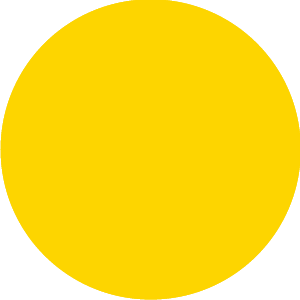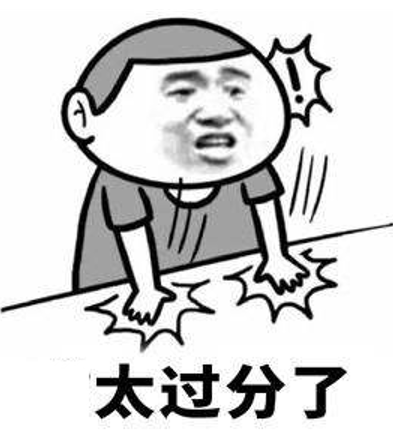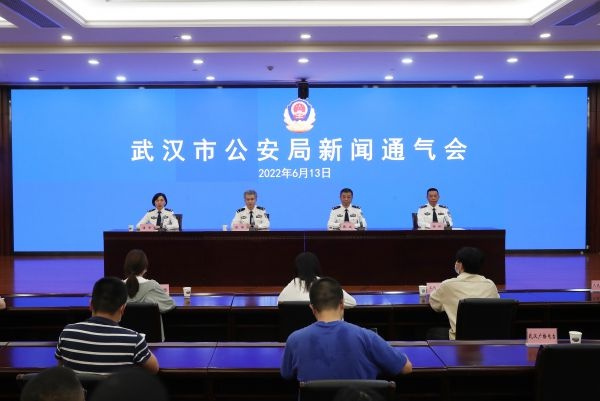Countless fans!The Zhishi Court moved the Class Class to the Senate Fair (containing high -frequency intellectual property protection question and answer)
Author:Beijing France Time:2022.09.06
The 2022 China International Services Trade Fair (Service Trade Association) successfully concluded in Beijing on September 5.
During this period, the Beijing Intellectual Property Court moved the Class Class to the Senate Council, and there were countless fans. The judges and judges participated in the work of the intellectual property protection office of the exhibition throughout the process, received more than a hundred people on the spot, interpreted the law and legal guidance at the booth site, and distributed the "Beijing Intellectual Property Court Computer Software Copywriting Civil Cases of the Intellectual Property Court Civil Cases of Civil Cases" " The Beijing Intellectual Property Court infringement of business secrets for civil case proceedings for the reference of proofs of civil cases, "Zhihai Picking Jing" and other professional materials, law -popular books, and publicity pages.
Today, the Internet Dragon specially invited the judge assistant brother and younger sister who participated in the service to explore the exhibitors' expectations for the protection of intellectual property rights, and sorted out the high -frequency intellectual property protection issues that everyone consulted during the exhibition. Below, let's find out together!

1. As a person with data enjoyment, how should the data they control should be protected to prevent others from grasping it?
Under the digital economy, as an important production factors, data should be protected legal and still in the exploration stage. At present, my country's existing laws and regulations have not yet empowered data, but in some judicial cases, the court has protected it by demonstrating the data with property rights and interests. In the existing data involving data involved in uniform capture case, the court mainly applies to the terms of the Internet special entry in the anti -unfair competition law (Article 12 (2) of Article 12 (2) of the Anti -Unfair Competition Law as the basis Regulate data -related unfair competition behaviors, distinguish different data types, and combine the data capture method of data grasping, comprehensively consider whether the acting behavior violates the principles of honesty trust and commercial ethics, including damage to the interests of competitors, consumer welfare benefits The influence of competition order and other aspects, determine whether it constitutes unfair competition.
2. How should the Olympic marker be protected?
According to Article 4 of the Olympic Logo Protection Regulations, the Olympic symbol right holders have the right to enjoy the Olympic flag in accordance with these regulations. Without the permission of Olympic signs, no one may use the Olympic logo for business purposes. Article 5 of the regulations stipulates that the use of these regulations is called business purpose, referring to the purpose of profit, the following ways use the Olympic logo: (1) the Olympic logo for commodity, commodity packaging or container and commodity trading documents; (2) Use the Olympic logo in the service items; (3) the Olympic logo for advertising, commercial exhibitions, business performances, and other commercial activities; 5) Manufacturing or sale of the Olympic flag; (6) Other acts of using the Olympic signs on the purpose of profit.
3. How can the use of service trademark constitute the use of trademark law?
The service trademark is the logo used on the service items provided by the service to the public. Compared with the commodity trademarks on trademark packaging or container, the use of service trademarks can be used. In business activities, the service trademark is marked inside and outside the service venue, the signature of the store, the items and appliances used for the service, and the service staff, and the service provider's financial account book, invoice, contract and other commercial transaction documents indicate the service trademark , Or indicate the service trademark on the service provider's website, public account, Weibo, etc., so that the relevant public can recognize the behavior of the service provider, which can be identified as the use of the service trademark.
4. How to apply for a registered geographical logo trademark?
Geographical logo trademarks are the indicator of a certain product from a certain area. The specific quality, reputation or other characteristics of the product is mainly determined by the natural factors or human factors in the region. In China, geographical indications can be registered as proof trademarks or collective trademarks, and the State Intellectual Property Office is responsible for review and approval. 5. What should I do if I applied for a patent and was rejected?
Applicants can evaluate whether the patent of the application meets the rejection of the rejection. If it is considered to meet the regulations, it has the right to apply to the State Intellectual Property Office for review. After the review results come out, if they are not authorized, they can file a lawsuit against the Beijing Intellectual Property Court for the review decision.
6. Can the technical content in the related products or services of virtual reality (VR) and augmented reality (AR) can be protected through intellectual property?
The equipment and software algorithms developed in virtual reality and augmented reality industries can be protected by applying for invention patents. The appearance of the product and the dynamic or static graphics user interface (GUI) as part of the overall product appearance can apply for the design patent. Video, games, design drawings, computer software, etc. involved in virtual reality and augmented reality can be protected through copyright. The technical information obtained by reverse engineering can also be protected through business secrets.
7. Is the digital library legal?
Non -public welfare digital libraries provide digital works to the public through the Internet and shall obtain the authorization of copyright owners or related rights holders, otherwise it will constitute infringement. Library, archives, memorial halls, museums, art museums, etc. may provide the legal person in the library to provide the legal publishing digital works and the needs of the preserved version through the information network without the permission of the copyright owner. Works replicated in the form of digitalization do not pay them, but they must not obtain economic benefits directly or indirectly.
8. Copyright registration is only for formal review. What is its legal effect?
Article 7 of the "Supreme People's Court on Several Issues of Law on Trial Copyright Cases of Copyright Cases" stipulates that the parties provided by the parties involved in copyright, original, legal publications, copyright registration certificates, certifications issued by certification agencies, and contracts obtained rights to obtain rights to obtain rights It can be used as evidence. Natural persons, legal persons, or illegal organizations signed on works or products are deemed to be copyright and copyright -related rights, except for the opposite proof.
Copyright registration certificate is a preliminary evidence that proves the ownership. The plaintiff can prove the identity of its right holder. If the defendant's objection to the ownership shall submit the opposite evidence, such as the contradictory copyright registration certificate issued by the work registration agency.
9. During the exhibition, exhibitors found that what should I do if there is an intellectual property behavior that they enjoy?
After the exhibitors found infringement, they could collect evidence at the preliminary collection, and complained to the intellectual property protection office established at the exhibition. Evidence includes the basic information of the infringing enterprise, the exhibited photos, samples, catalogs, brochures, and quotation materials for infringing manufacturers.
10. After the exhibition, how do I continue to resolve the dispute?
After the exhibition, if the dispute has not been handled, the facts and evidence of suspected infringement at the exhibition can be used as some evidence. The right holder can apply to the intellectual property administrative department with jurisdiction or file a lawsuit with the court.
Supply: Beijing Intellectual Property Court
Video: Li Yang Shen Liang
Edit: Li Meng Wangxi
- END -
"Filial filial piety for children in the world"?Routine exposure, 120,000 people were deceived!

In recent yearsFraud in the name of pension occur from time to timeInvestment in t...
Sweeping pornographic betting, anti -electrical fraud, and transportation rectification, "Thund

On June 13, the news ventilation meeting of the Wuhan Public Security Bureau. Corr...